Novartis, a leader in immuno-dermatology and rheumatology, announced the European Commission (EC) has granted the approval for Cosentyx (secukinumab) for the treatment of moderate-to-severe plaque psoriasis in children and adolescents aged 6 to <18 years. The recommended dose for children up to 50 kg is 75 mg (without a lower weight restriction), and 150 mg for children 50 kg and over (150 mg as a starting dose, which may be increased to 300 mg, if needed).
“Psoriasis is a life-long debilitating disease that significantly impacts children’s quality of life, both physically and emotionally. There are only a few approved treatment options available for the pediatric population and so it is important to broaden the adult therapeutic options out to children when possible,” said Professor Christine Bodemer, Head of the Department of Dermatology, Necker–Enfants Malades Hospital, Paris. “This approval means Cosentyx is now available in Europe for children and adolescents, and will provide an additional option to quickly gain relief from their symptom burden and to significantly improve their quality of life.”
The approval is based on two phase III international studies in children and adolescents aged 6 to <18 years. The studies showed that both low-dose (75–150 mg) and high-dose (75–300 mg) of Cosentyx were highly efficacious in rapidly improving skin symptoms and quality of life, with a favourable safety profile up to 52 weeks.
“The impact of psoriasis on children is much deeper than skin and can potentially lead to life course impairment,” said Todd Fox, Global Head of Medical Affairs Immunology, Hepatology and Dermatology at Novartis. “This is the second European approval this year for Cosentyx, which also has approvals across four adult indications, reinforcing our commitment to reimagine medicine for both pediatric and adult patients.”
Children with psoriasis have a poorer quality of life than their peers due to symptoms such as itching and fatigue, in addition to feelings of stigmatization. These in turn may affect their emotional wellbeing and performance at school8.
“Children with psoriasis are susceptible to bullying, name-calling and shaming at school, leading to higher rates of depression and anxiety than their peers,” said Jan Koren, President of the European patient group EUROPSO. “We welcome this approval, as there is a need for additional treatment options that can help give children the freedom to enjoy full and active lives by improving psoriasis symptoms and thus overall quality of life.”
Novartis is working closely with all stakeholders to ensure that eligible European pediatric patients can start benefitting from Cosentyx as quickly as possible. Novartis will also be seeking approval for Cosentyx for the treatment of moderate-to-severe plaque psoriasis in children and adolescents aged 6 to <18 years in a number of other countries including Australia, Canada, Japan and the US.
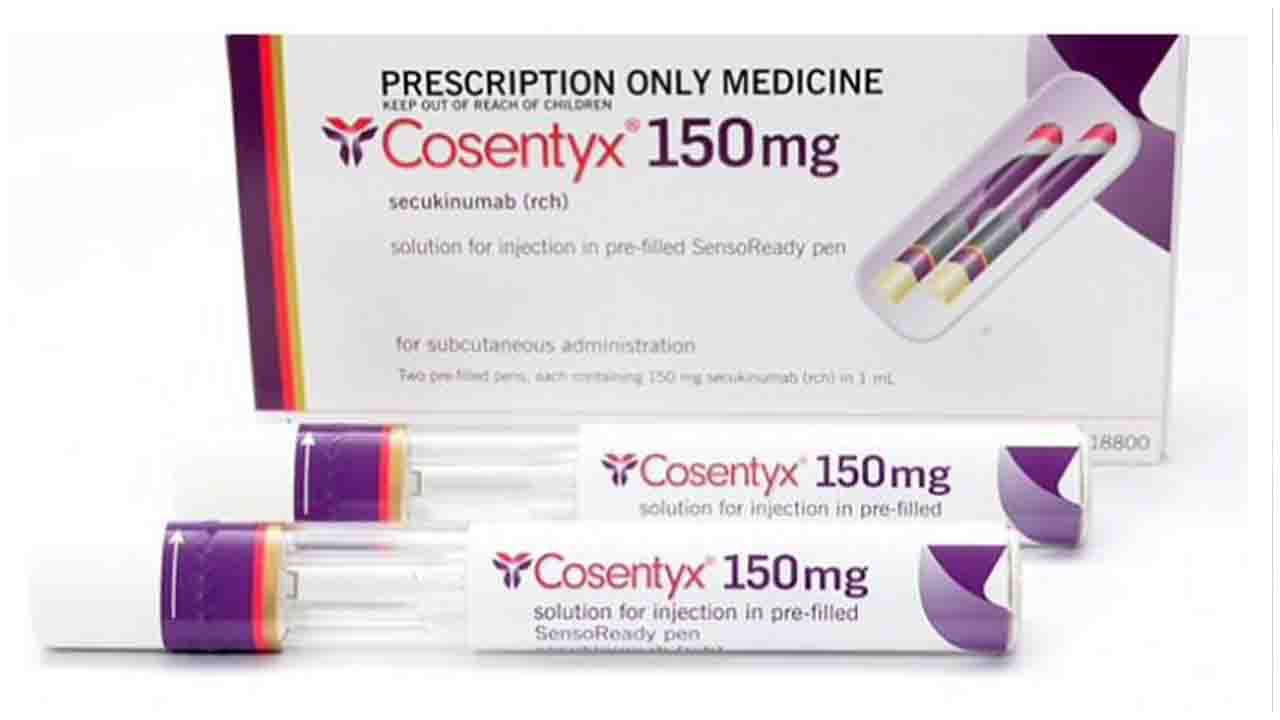
 EU approval for Novartis secukinumab drug
EU approval for Novartis secukinumab drug





.jpg)

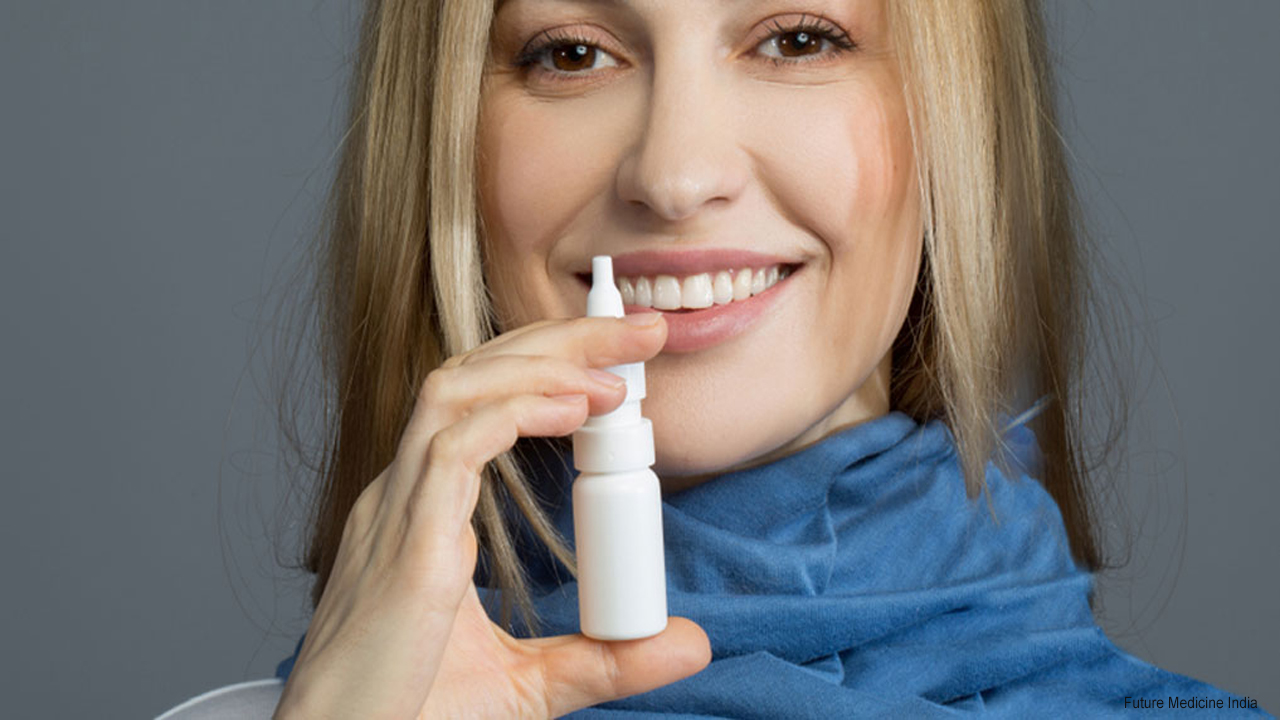
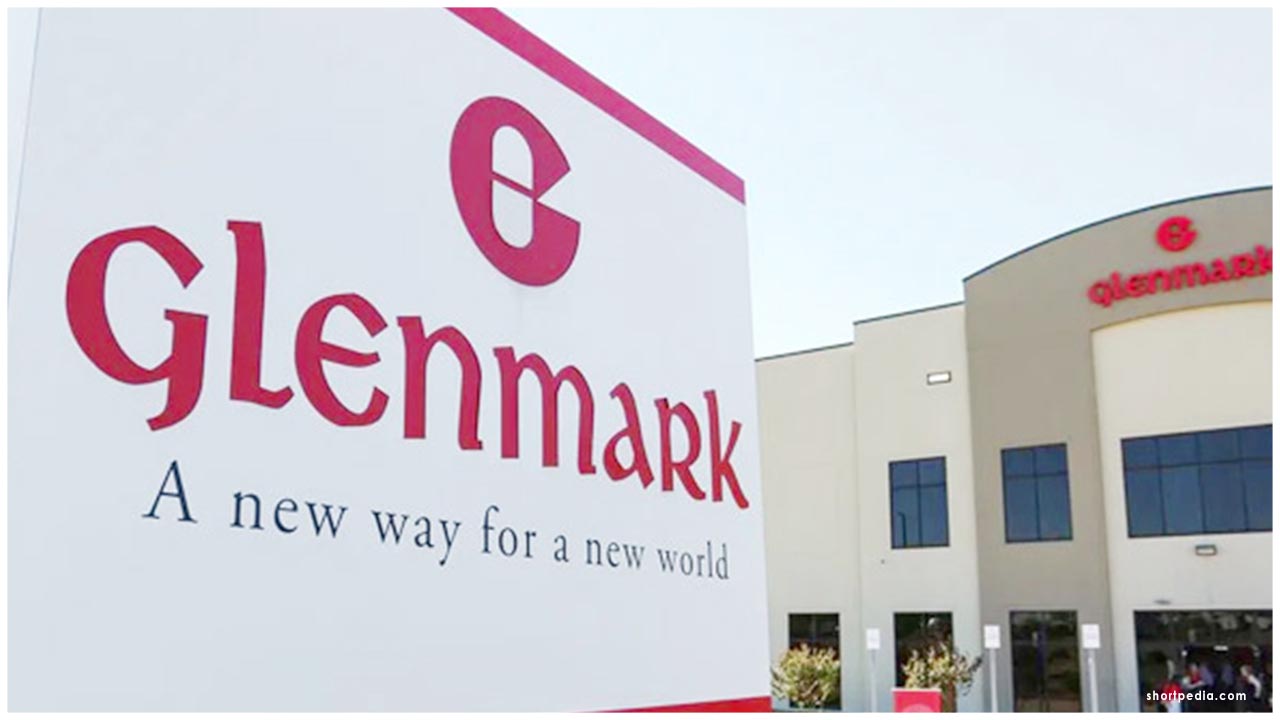


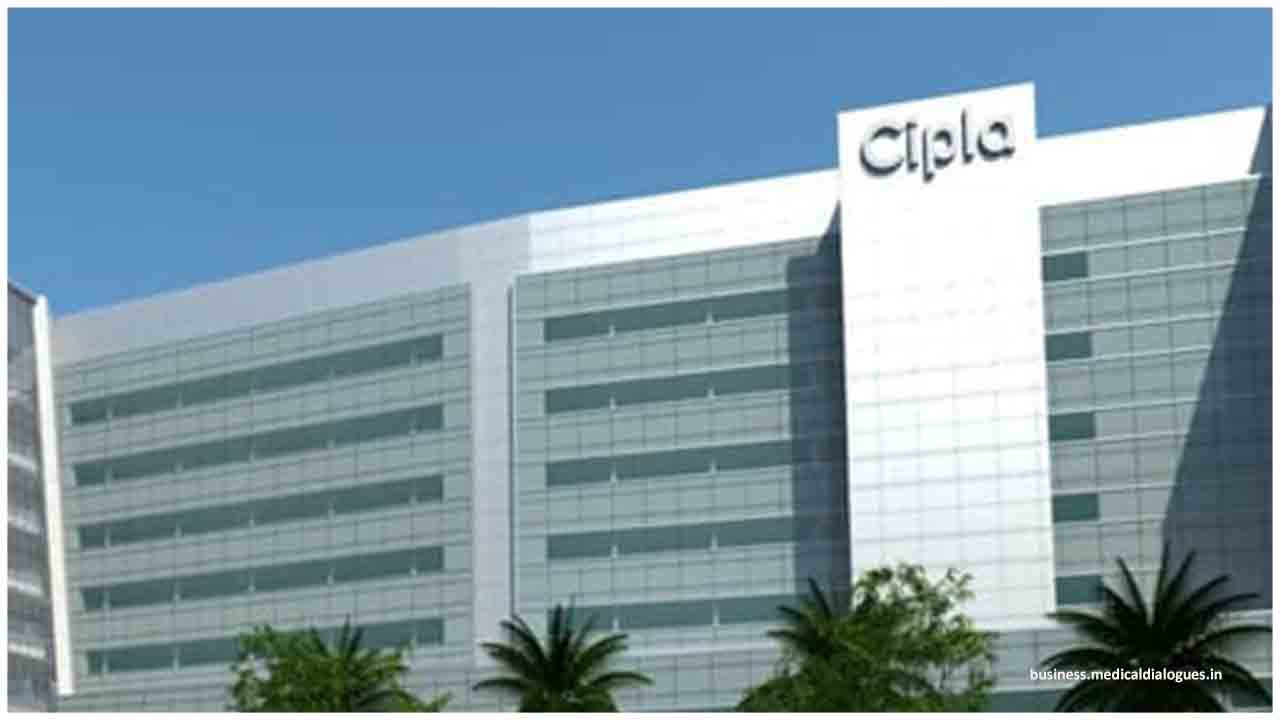

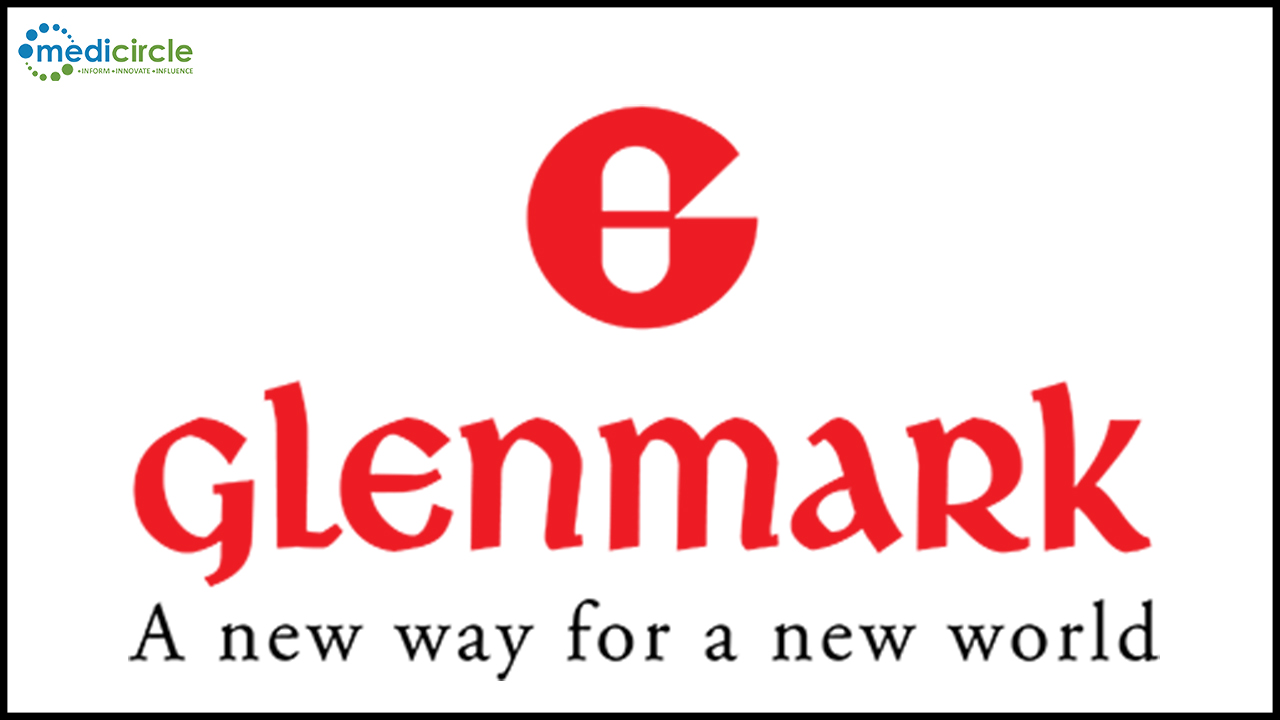





.jpeg)

.jpeg)










.jpg)




.jpg)

